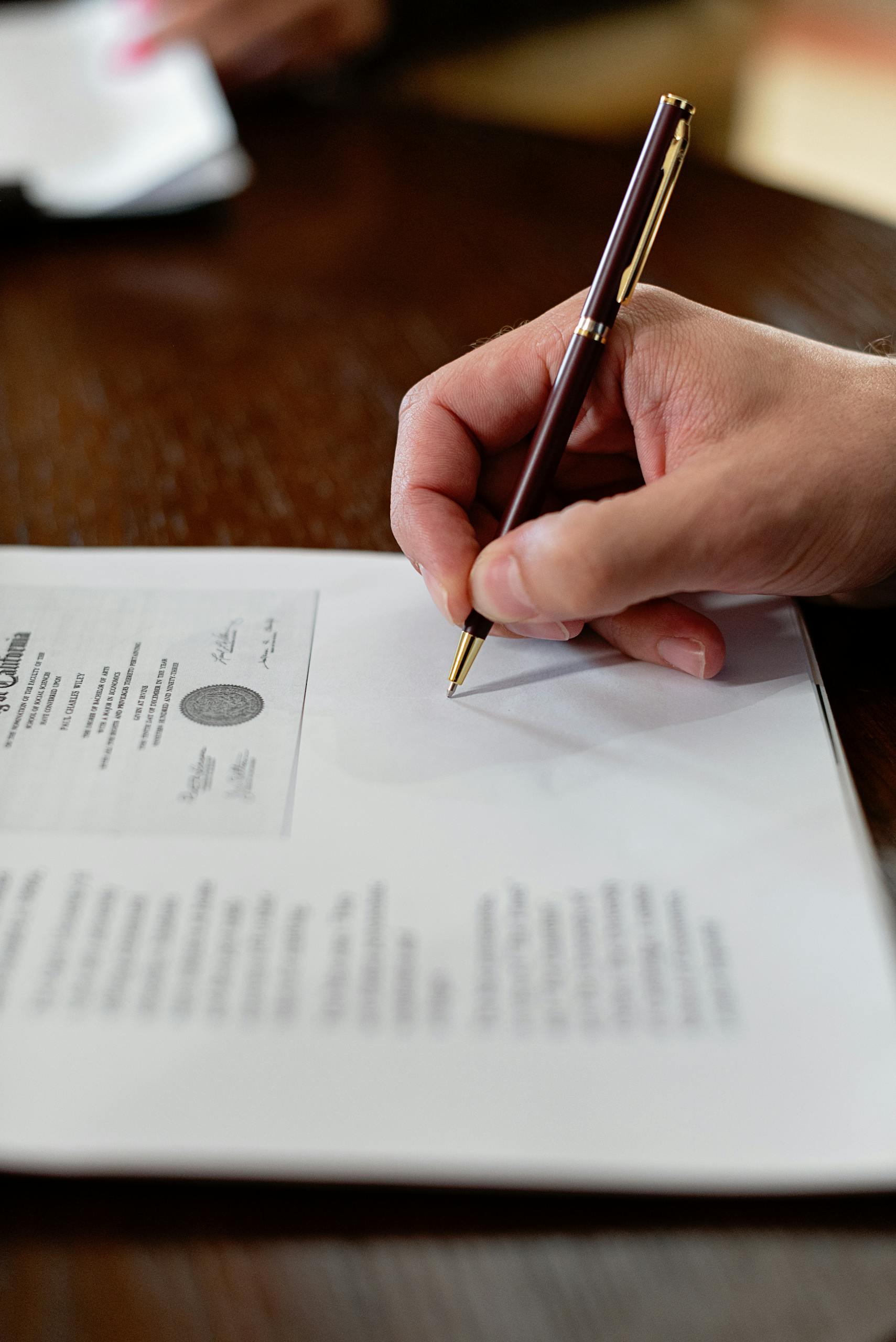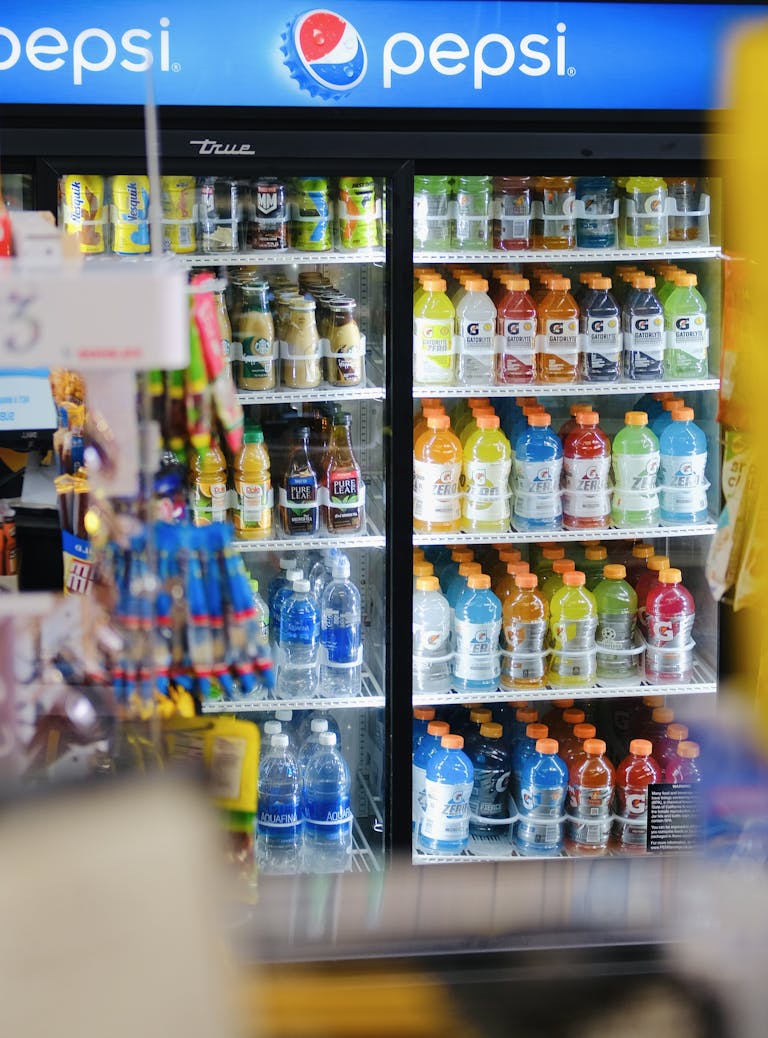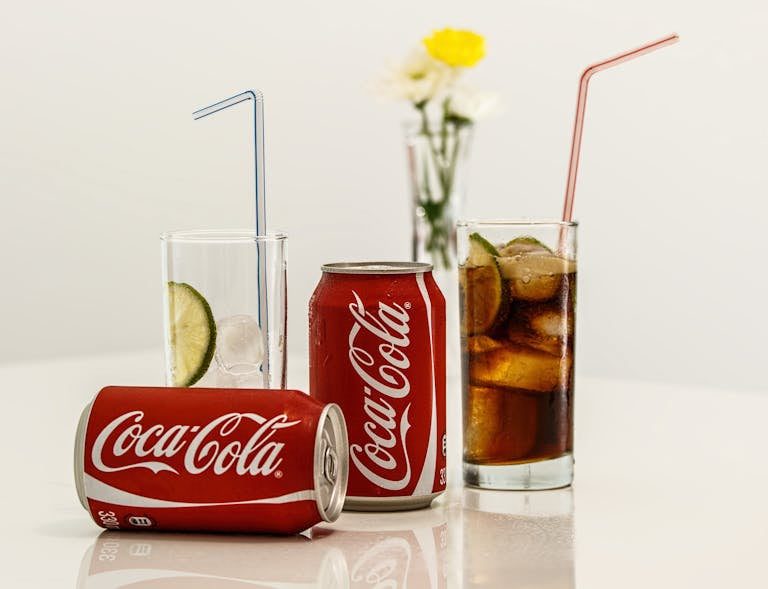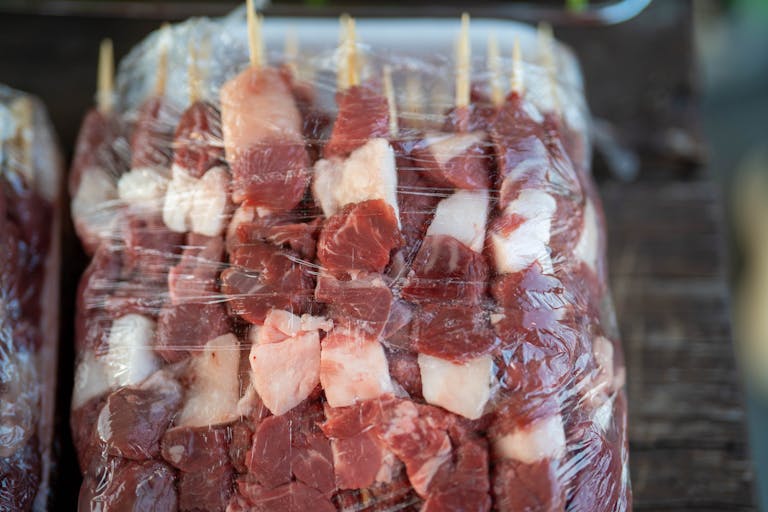🏷️ What is Halal Certification? A Comprehensive Guide for Muslims and Businesses
Understanding what makes a product truly halal goes beyond just ingredients. In today’s globalized world, Muslims want assurance that the food and products they consume meet Islamic dietary laws. That’s where Halal Certification comes in.
Halal certification is a formal assurance that a product or service complies with Islamic dietary laws and is permissible for Muslims to consume or use.
In this detailed guide, we’ll explore the meaning, process, importance, and global impact of halal certification.
🕌 What Does Halal Mean?
Before we explore certification, it’s essential to understand what halal means in Islam.
- Halal means “permissible” or “lawful” in Arabic.
- Opposite of haram, which means “forbidden.”
- Applies to food, beverages, cosmetics, pharmaceuticals, and even financial services.
In the context of food, halal means:
- The ingredients are permissible (e.g., no pork or alcohol)
- The animal is slaughtered following Islamic guidelines (Zabiha)
- There is no contamination with haram substances during processing or handling
📜 What is Halal Certification?
Halal certification is a verification process carried out by a recognized Islamic authority or certification body. It ensures that:
- The product meets Shariah-compliant standards
- The production process avoids contamination with haram substances
- The supply chain maintains halal integrity
🔖 Key Elements of Halal Certification
- Ingredient check – ensuring all raw materials are halal
- Slaughtering process – for meat and poultry
- Storage and transport – avoiding cross-contamination
- Manufacturing processes – aligned with Islamic practices
Once verified, the product receives a halal logo or stamp from the certifying body.
🌍 Why is Halal Certification Important?

✅ For Muslim Consumers
- Builds trust that products align with their religious values
- Offers peace of mind, especially in non-Muslim countries
- Ensures health and cleanliness standards
💼 For Businesses
- Access to a rapidly growing halal market (projected $3 trillion by 2028)
- Compliance with international trade regulations
- Enhances brand credibility and consumer loyalty
🏛️ Who Issues Halal Certificates?

Halal certificates are issued by authorized Islamic certification bodies, which can be government-run or independent organizations. For example, Malaysia’s JAKIM and the United States-based IFANCA are two globally recognized authorities.
🌐 Examples of Halal Certification Authorities
- JAKIM – Malaysia
- MUIS – Singapore
- HFA – United Kingdom
- IFANCA – United States
- Halal India – India
- SANHA – South Africa
These bodies conduct inspections, audits, and renewals to maintain compliance.
🔁 How Does the Halal Certification Process Work?
🧾 Step-by-Step Process:
- Application Submission – by the company
- Documentation Review – ingredients, suppliers, production methods
- Factory Audit – inspection of production lines and hygiene practices
- Certification Decision – approval or rejection
- Labeling and Renewal – certification is valid for 1–2 years, with periodic checks
This process ensures that consumers consistently receive halal-compliant goods.
🍖 Is Halal Certification Only for Meat Products?
No. Halal certification applies to various product categories, including:
- Processed foods
- Dairy and beverages
- Personal care items (soaps, lotions, cosmetics)
- Pharmaceuticals
- Restaurants and catering
- Packaging materials
Even items like gelatin, emulsifiers, and enzymes need verification.
❓ How to Identify Certified Halal Products
Look for a recognized halal logo on the product packaging. You can also cross-check certifications using databases like Halal Certification Bodies Worldwide. Some well-known symbols include:
- Crescent with “Halal” in Arabic or English
- Logos from IFANCA, JAKIM, or other local certifiers
Always verify that the certifier is authentic and internationally recognized.
⚠️ Common Misconceptions About Halal Certification
❌ “Halal certification is unnecessary in Muslim-majority countries.”
Even in Muslim countries, halal certification ensures quality control and international trade eligibility.
❌ “Halal just means no pork.”
It’s much more comprehensive and includes the entire production and handling process.
❌ “Halal and organic are the same.”
Organic refers to how something is grown or raised, while halal relates to religious compliance.
🧠 Final Thoughts
Halal certification is essential for ensuring that products meet Islamic dietary laws. It’s not just about religion—it’s also about transparency, hygiene, and ethical production.
For Muslims, it provides confidence in what they consume. For businesses, it opens doors to a growing, loyal market.
In an increasingly globalized world, halal certification is more relevant than ever.
🤔 FAQs
Is halal certification recognized globally?
Yes, many countries recognize certifications from reputable halal bodies like JAKIM, IFANCA, and HFA.
How long does the certification process take?
It varies by product and certifying body, typically ranging from a few weeks to a few months.
Can non-Muslim-owned companies get halal certified?
Yes, many non-Muslim companies are halal certified, provided they meet all requirements.
Is halal certification expensive?
Costs vary by product type, volume, and certifying body. It is generally affordable and considered a valuable investment.







